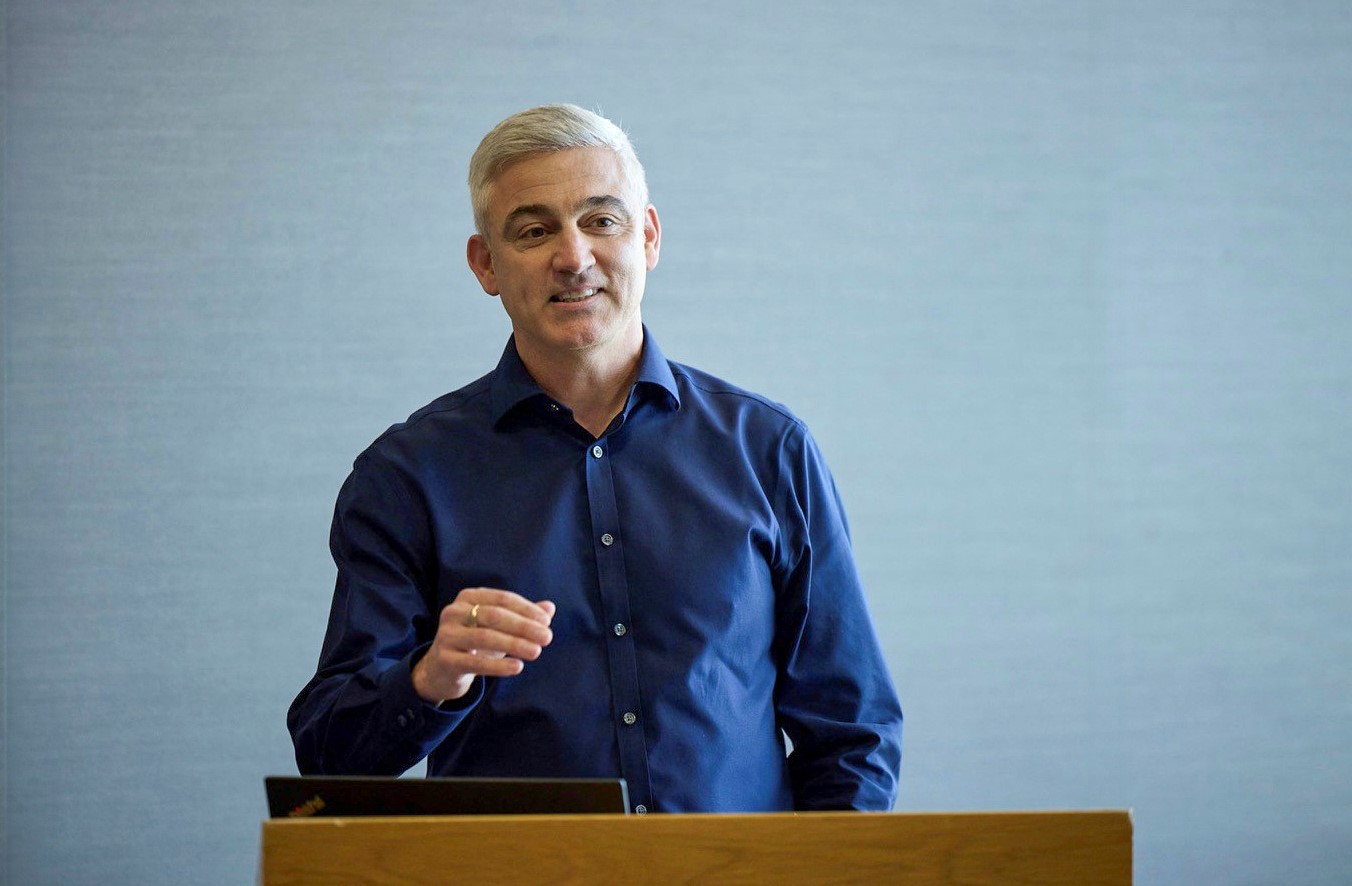Connections. Lessons for the UK market.

We talked to Ian Teague, UK Group Managing Director, who recently returned from iPipeline’s Connections Conference 2024, one of the leading events in the US Fintech calendar.
Ian, what were your key takeaways from this year’s event?
I always find Connections a great event and consistently come away engaged and enthused by what I’ve learnt and how I can implement ideas and inspiration in our UK business. This year was no exception.
My key takeaway was less an idea, more a feeling. A feeling of collaboration and the huge power in bringing people together. We lost that feeling for a couple of years in the pandemic and it has just heightened how important people are, and how we work together to overcome challenges and deliver solutions – even in a technical market like financial technology.
That is perhaps even more acute in iPipeline where we pride ourselves not just on the quality of our solutions, but the way we work with and alongside our partners to transform their business and in turn the markets they serve. Collaboration is everything.
This year we’re really looking to energise our Tech Insights Forum, which has in the past provided a great opportunity to partner, collaborate and innovate and the ideal setting to share insights and debate the technical challenges of providers.
What topics are hot?
Financial services in the US, much like the UK, hasn’t necessarily been at the vanguard of the technological and digital revolution. Firms who provide hugely important products and services have sometimes struggled to translate and adapt what they do in an increasingly impatient and digital first world. As such, digitisation and immediacy are two of the buzzwords I took away, words and ambitions that hold as true to the UK market as they do across the pond.
In the UK life and protection market we continue to debate just how to revolutionise the underwriting process which is a discussion not just about digitisation and immediacy, but one about transparency too. It got me thinking, to be transparent in the eyes of today’s consumer, do you have to be fast? Maybe not always, but it sure does help.
What about data?
No fintech conference could make it through 3-hours without talking about data at length, so as you would expect, data was front and centre of the debate in this 3-day conference.
The reflection within the US market is similar to the UK. Whilst the use of data is widely and deeply embedded where you would most expect it to be, namely in the technical departments of carriers – such as pricing and underwriting departments – it has yet to impact across the value chain.
We’ve started to witness a shift in this previously somewhat narrow deployment of data in the UK life & protection market, as more product, distribution and leadership teams look to leverage data not just for deep analysis and targeted projects, but in their day-to-day roles. For example, our data is now invaluable to the teams of a number of partners in managing and targeting their day-to-day adviser interactions. Data should be used not just to impact the macro decisions, it should also drive the micro decisions too.
Some would call this marginal gains.
One such example is the data and analysis we provide Swiss Re for their annual Term & Health Watch report along with additional commentary summarising the key themes of the protection market across the year.
How is AI being adopted Stateside?
Much like the debate on data, the topic of AI is as hard to escape there as it is here.
Whilst there is clearly much fanfare (and a small amount of fear) about the impact of AI, not just on products and services, but the future of work and economies as we know them, there are also examples of real and practical uses which can drive immediate, more evolutionary improvements.
That seemed to be where the debate was centred. How can we utilise the huge power that AI presents to automate and simplify repetitive tasks that drain costs and frustrate customers? That’s where I am too. Whilst this is about more than the marginal gains mentioned above, I think AI will bring natural evolution and continued digitisation to our markets, not an overnight revolution.
With so much information to process and adopt, we are already very much looking forward to Connections 2025.

























